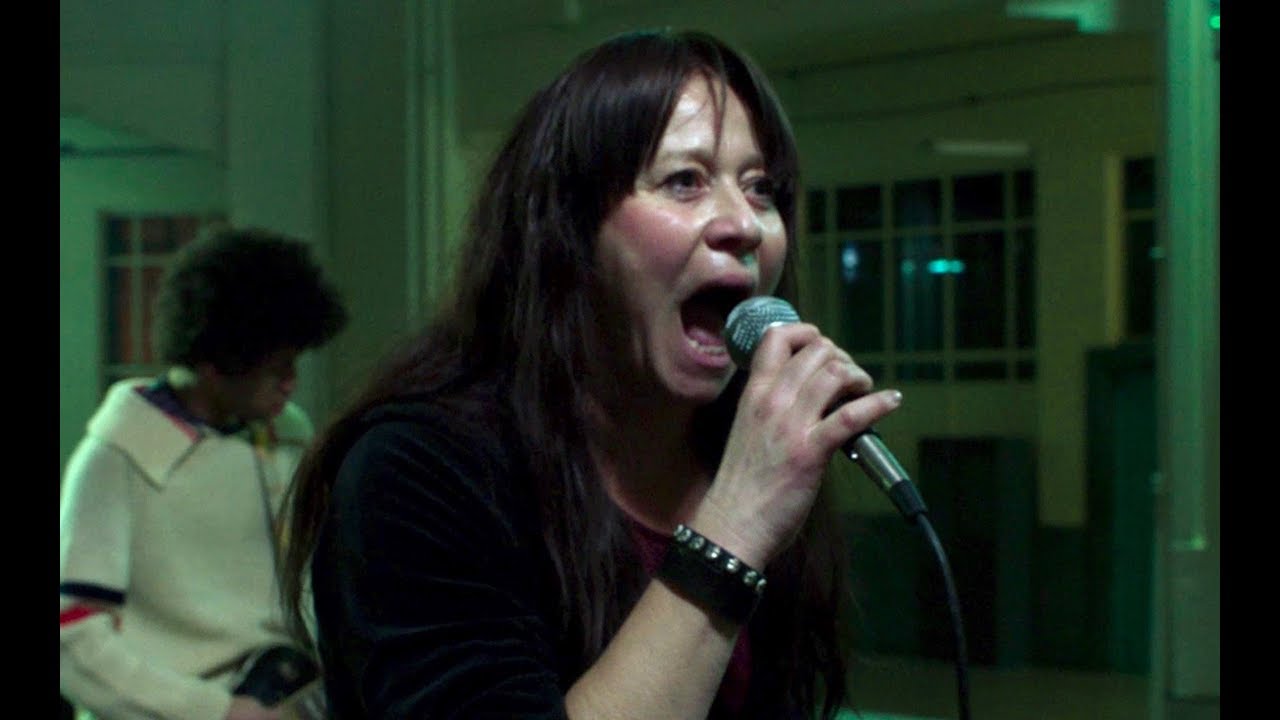
- Festivals
Nico, 1988: Portrait of a Rich and Tragic Life
Nico, 1988, which opened the 2017 Venice Horizons section and also played in Toronto, is not the first documentary about Christa Paffgen, better known as Nico, the superstar of Andy Warhol’s famous Factory and later lead singer of The Velvet Underground. In 1995, another female director, Susanne Ofteringer, chronicled in Nico Icon the self-destructive lifestyle of the German singer, actress, and model, but it was a too broad documentary that tried to encompass a whole life in the frame of one hour.
Thus, it is both refreshing and illuminating that in Nico,1988, writer-director Susanna Nicchiarelli offers a more limited but in-depth look—basically the last three years of the celeb’s life, from 1986 to 1988. It’s easy to understand why this intriguing figure continues to hold interest today among both older and younger viewers.
To say that this remarkable woman – splendidly played by the Danish actress and singer Trine Dyrholm- had a tragic life doesn’t begin to convey her rich if painful existence. As a writer, Nicchairelli understands the importance of the socio-cultural contexts in which a femme and a phenomenon like Nico could exist, thrive, and survive, albeit at a heavy price.
Though made by Italian director, most of the feature is in English which should broaden its appeal and prospects for theatrical distribution in the U.S. There are many venues for showing and/or streaming documentaries these days.
The narrative of Nico, 1988 unfolds as a series of episodes of a life that was equally blessed and plagued by high and low points, good and bad memories, and also some deep regrets. For example, we get a haunting image of Nico as a child watching with her mother how Berlin is burnt and destroyed by the Allied forces.
Her early, relatively happier life is briefly glimpsed in super-8 flashbacks, which depict Nico’s cool entourage (Mick Jagger and Lou Reed, Brian Eno and Jim Morrison, Bob Dylan and Leonard Cohen) and acting career (in some of Fellini’s movies, and in Warhol’s iconic Chelsea Girls).
In her solo, post-Velvet Underground musical career, Nico is described as the “priestess of darkness,” due to her signature uniform, black leather leggings, and boots, a strong fashion statement in tune with the countercultural era of the 1980s.
The feature’s key scenes chronicle her band’s disastrous tour from Manchester to Italy, culminating in East Europe, when she and her British manager Richard go on the road with a small, rather inept, and far-from-being ready band to promote her latest album.
Some powerful moments include Nico’s addiction to heroin, which she had never concealed. In fact, she was often using drugs in public places and before her concerts. Temperamental to a fault, due to the effects of drugs but also her eccentric and demanding personality, we observe the direct, but also the rude manner in which she communicated with her band members and her audience.
The director captures both the tragedy and pathos of Nico as a young, unfit mother of a boy, whose birth father (rumored to be French actor Alain Delon) refuses to acknowledge him. The boy is later adopted by his French grandmother but sadly ends up in an asylum for the mentally ill. Years later, Nico’s reunion with her son, though too late to change the fatal course of events for either of them, provides the film’s most touching and heartbreaking moment.
Dyrholm, who won the 2016 Berlin Festival best actress award for Thomas Vinterberg’s The Commune, is very well cast as the older fading star, who had lost not only her looks but also her interest in singing and public appearances, though at the very end of her life she made some efforts at rehabilitation.

